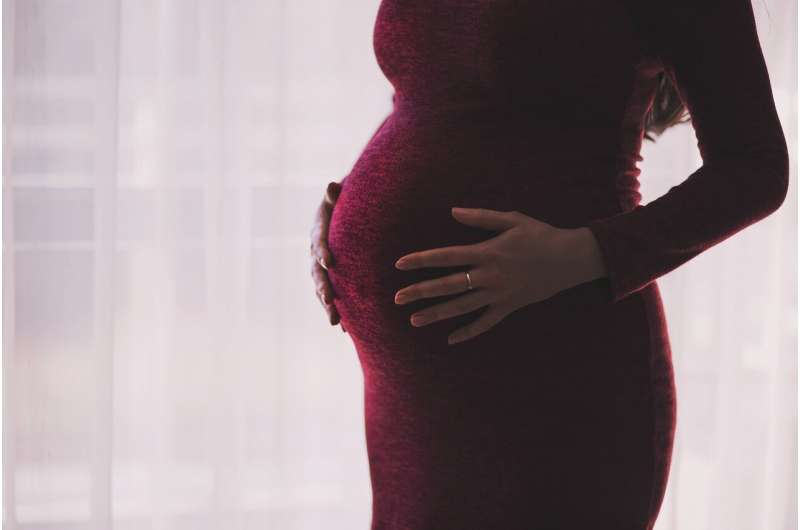Review of pre-eclampsia care explores best practices for clinicians

Researchers from King’s College London have published a review of care for women with pre-eclampsia in the New England Journal of Medicine.
Pre-eclampsia is a condition that affects up to 4% of women during pregnancy, and up to 8% of women during their lifetime. It includes high blood pressure (hypertension) and damage to a number of her body’s organ systems, and remains one of the two main causes of death for pregnant and recently-pregnant women worldwide—about 46,000 young women a year. Up to half a million women lose their babies to pre-eclampsia every year.
In this invited review, researchers from King’s College London Professor Laura Magee, Professor Kypros Nicolaides, and Professor Peter von Dadelszen, have provided a state-of-the-art summary of current knowledge of, and best practices for caring for women with, pre-eclampsia. This review also consists of significant findings published within the past five years.
There are important insights into how pre-eclampsia develops, how best to identify women at risk and how to respond to those risks to prevent pre-eclampsia, how to diagnose pre-eclampsia and provide ongoing care—including assessing risks and reducing those risks by controlling blood pressure and timing birth, and how to provide follow-up to women if they have had pre-eclampsia.
The findings are particularly significant for pregnant women living in low-economically developed countries.
Lead author, Professor Laura Magee from King’s College London, who is the co-president of the International Society for the Study of Hypertension in Pregnancy, states that “in this review of advances in our knowledge over the past five years, we have focused on individualizing the care of women with pre-eclampsia by carefully integrating concepts concerning the prediction, prevention, diagnosis, and management of pre-eclampsia during pregnancy and in the long term.”
Senior author, Peter von Dadelszen from King’s College London, says that “this paper is very timely for two reasons. First, this is World Pre-eclampsia Month—a time during which we focus our attention on this dangerous condition. Second, the paper emphasizes the particular risks borne by pregnant women living in, or having immigrated from, less-developed countries—more than 99% of related mum and baby deaths occur in less-developed countries.”
Source: Read Full Article
